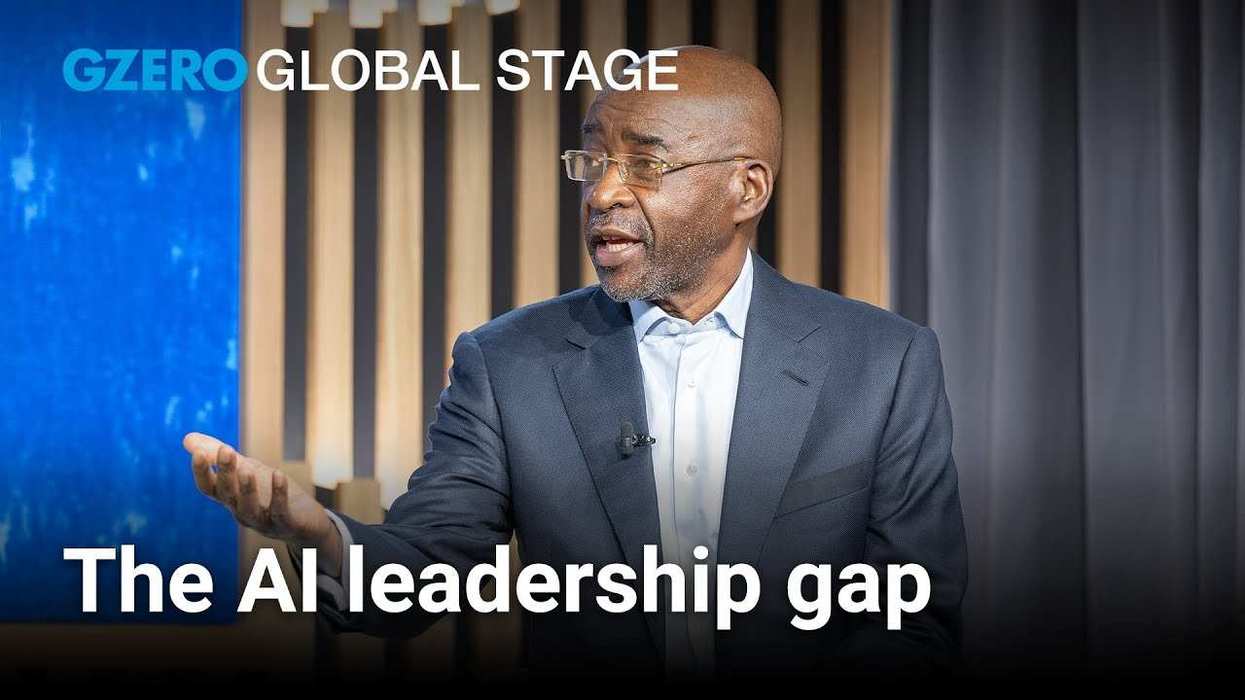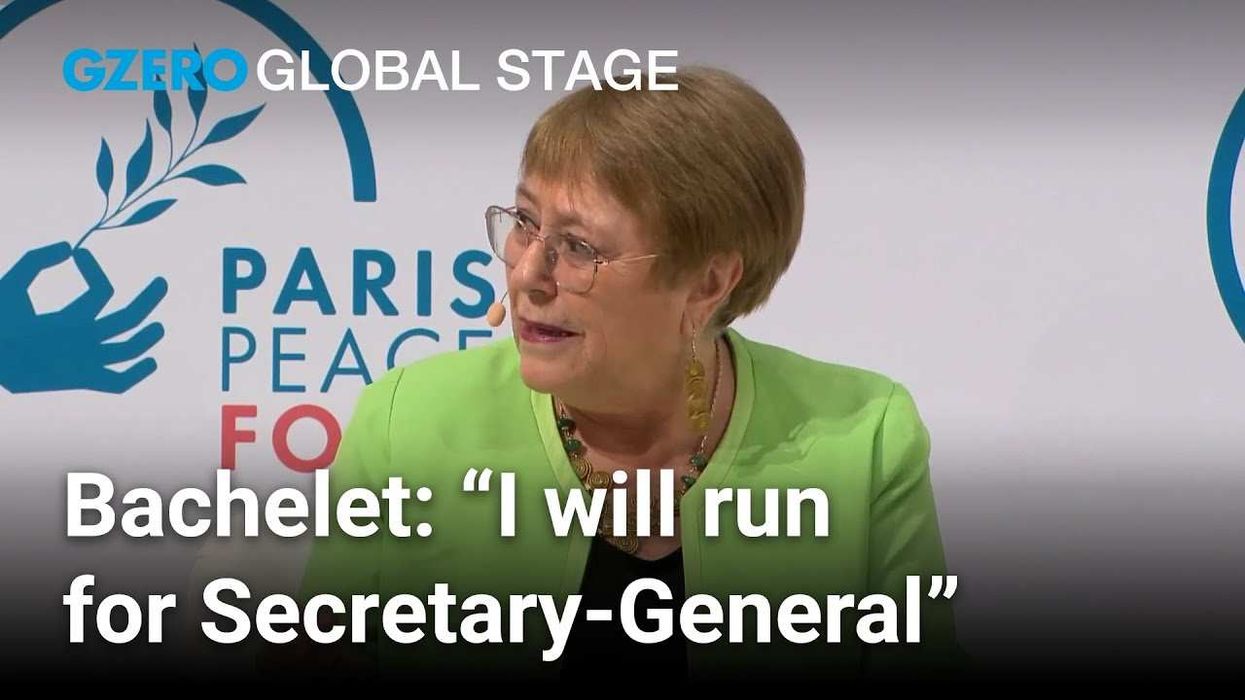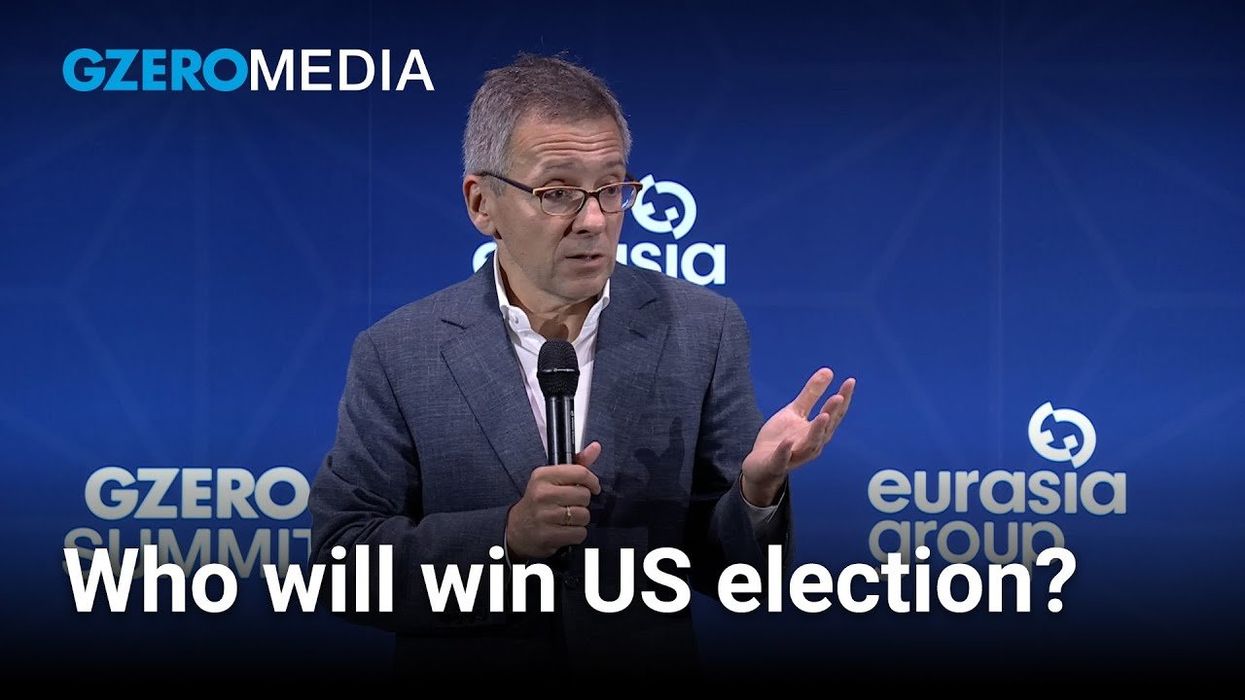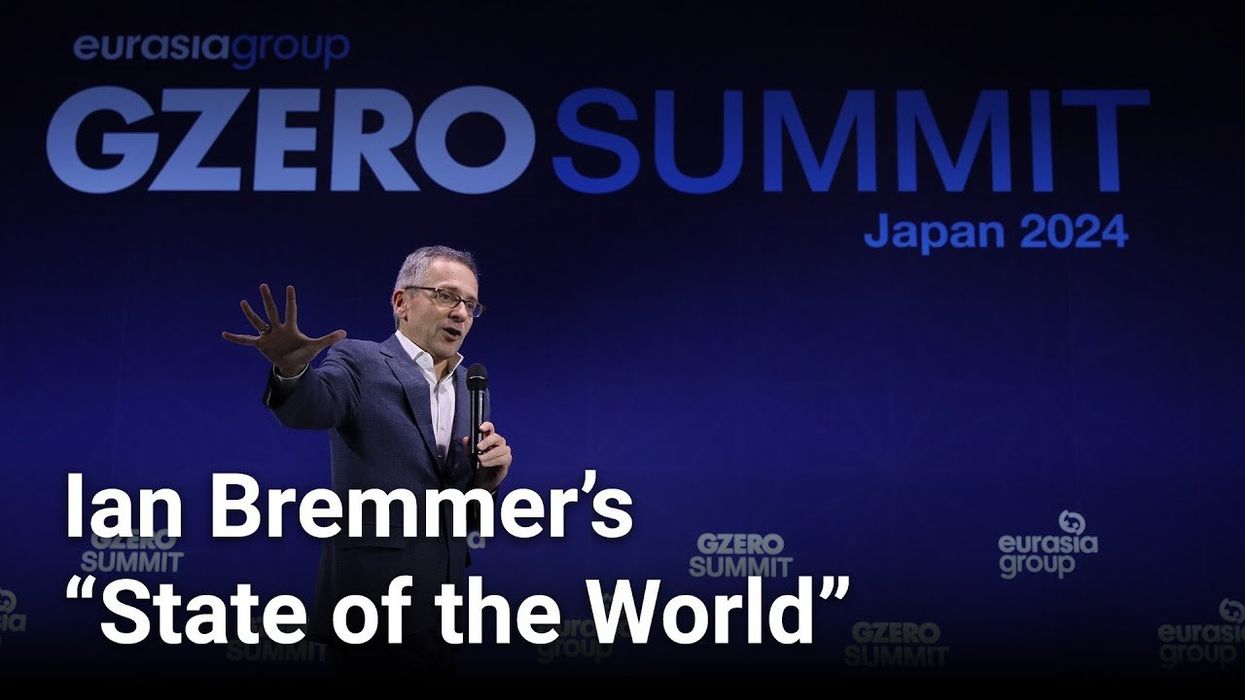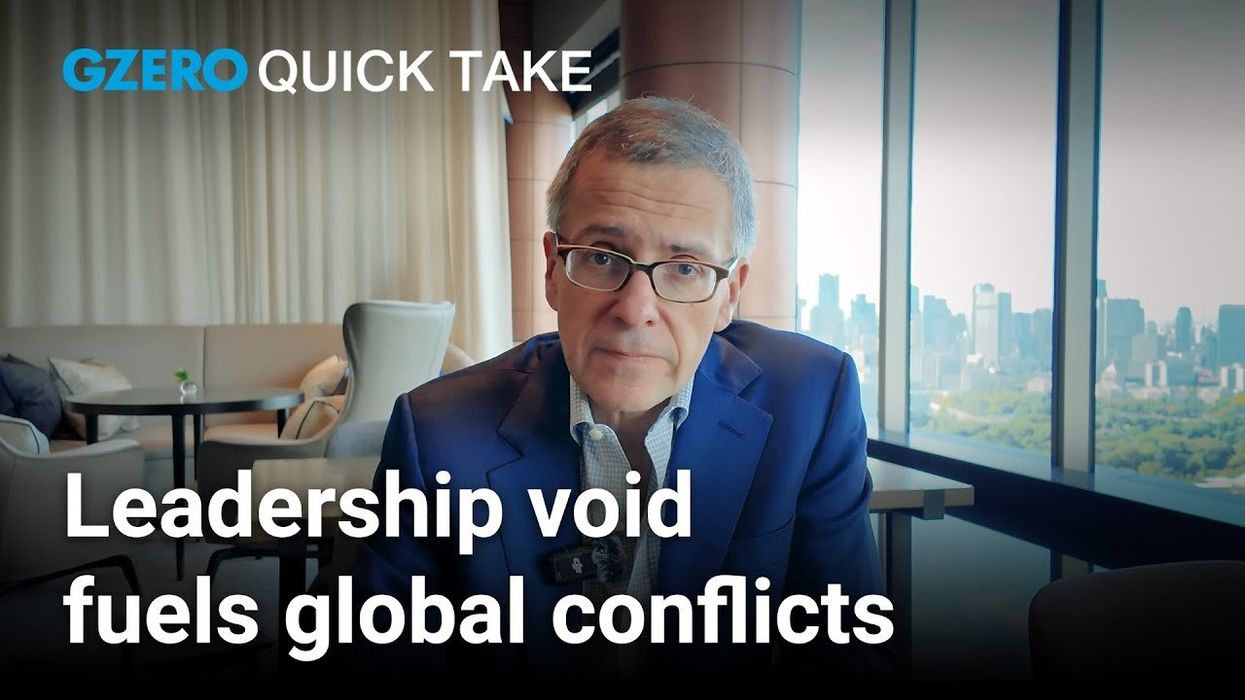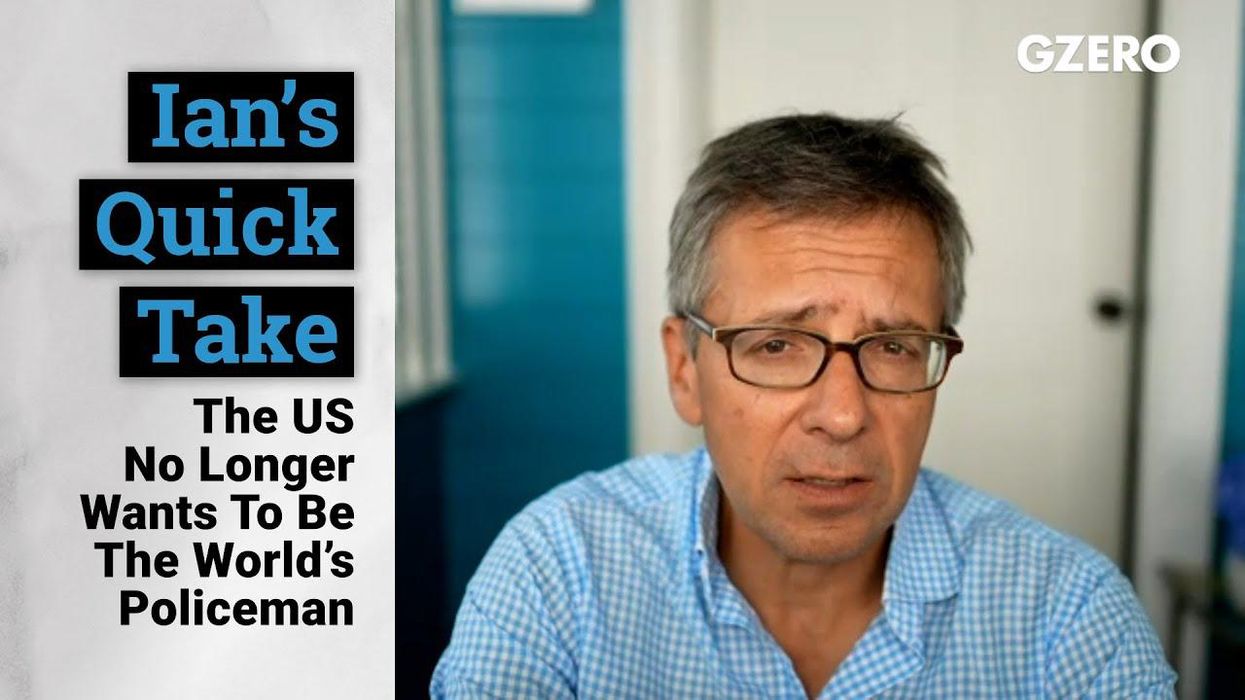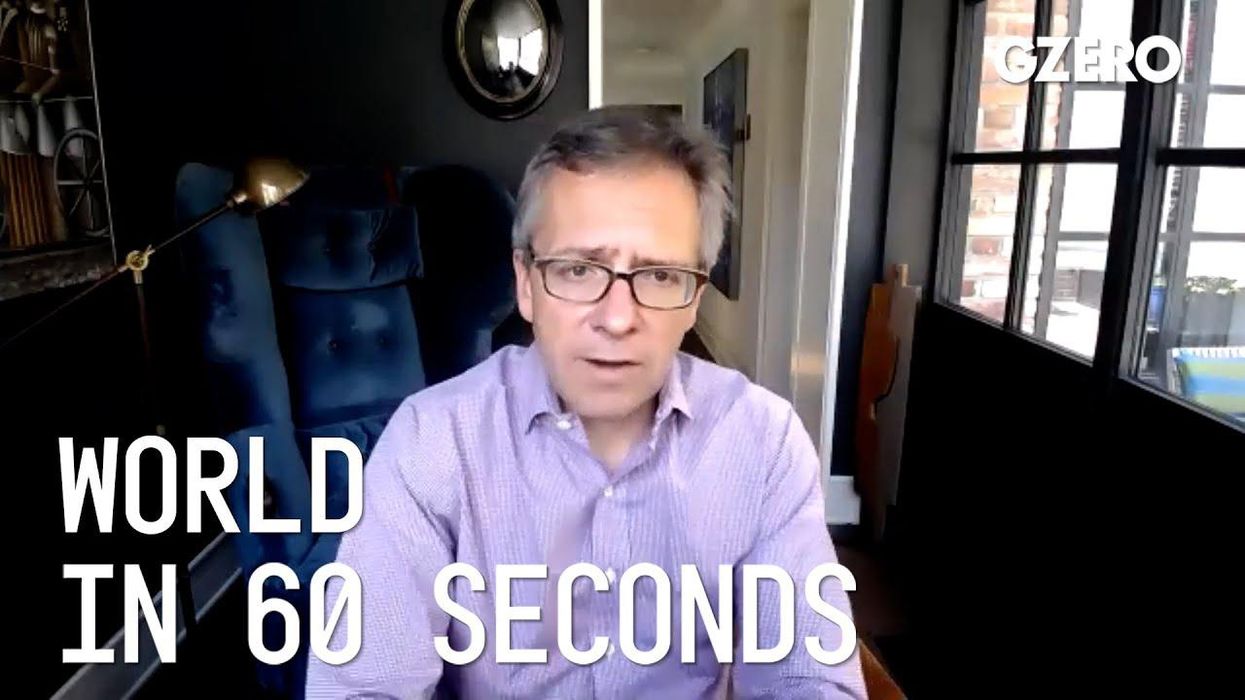World Economic Forum
AI in shaping power, politics, and people
Will AI change the balance of power in the world? At the 2026 World Economic Forum in Davos, Ian Bremmer addresses how artificial intelligence could redefine global politics, human behavior, and societal stability.
Jan 24, 2026

